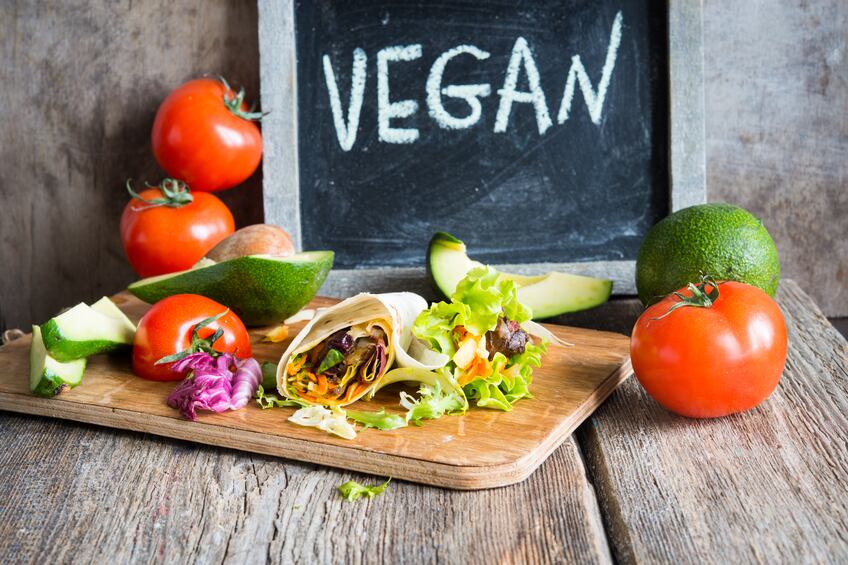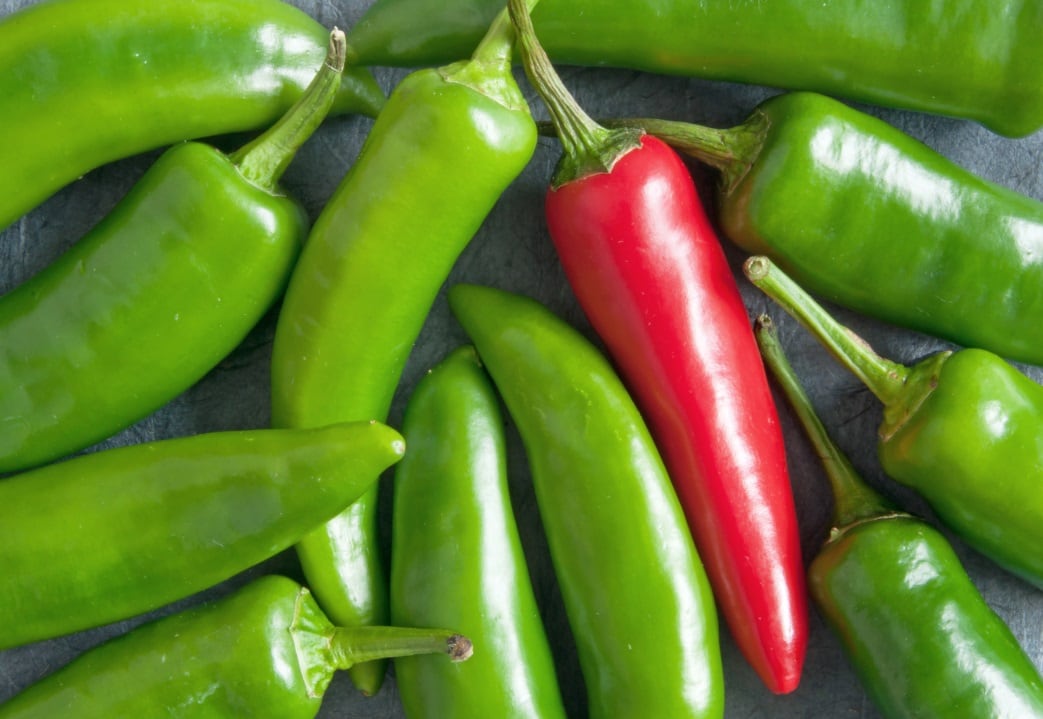Unilever, Tesco and Nestlé are among the food and drink companies best prepared to capitalise on the booming plant-based market, according to an institutional investor network with more than $5trn in assets under management.
But Costco and Amazon (owners of Whole Foods) are among those falling behind, said the report from FAIRR, which has quadrupled in size from $1.25 trillion in three years.
It has warned 25 food multinationals to manage risks of relying too heavily on factory farmed meat, fish and dairy to meet growing global demand for protein.
The alternative protein sector, which includes plant-based substitutes for traditional animal‐based foods such as ‘Beyond Meat’ or ‘Impossible Whopper’ burgers and plant-based milks, is expected to capture around 10% of the meat market within 15 years and is now valued at $19.5 billion, according to research quoted in FAIRR’s ‘Appetite for Disruption’ report.
Over 87% of retailers have ramped up their own-brand plant-based products, said the investor network, which expects more supermarket products to come from low-carbon protein sources such as plant-based foods, rather than meat and dairy. Nestlé has said that it expects its plant-based sales to reach $1bn in 10 years.
FAIRR found five of 25 firms (Unilever, Tesco, Nestle, M&S, ConAgra) that achieved the top ‘proactive’ ranking, meaning they have developed proactive strategies “to build a sustainable protein portfolio”. These companies “recognise that a high dependence on animal-based ingredients is a material risk to business”, said the report.
These firms have also carried out risk assessments on their protein supply chains and expanded their range of plant-based products over the previous year.
Falling behind the curve
Others companies are “falling behind the curve of a booming growth industry”, warned FAIRR.
Almost two in three (64%) of the companies engaged by FAIRR used terms like ‘plant-based’ and ‘vegan’ in their annual reports or quarterly earnings calls in 2019, and all 16 major retailers engaged have expanded their alternative protein product portfolios in the last 12 months.
“This report shows that many have now begun a journey to diversify the protein products away from being predominantly animal-based, and towards low carbon and less resource intensive sources that are plant-based,” said Jeremy Coller, founder of FAIRR and chief investment officer of Coller Capital. “Large food retailers and manufacturers are on the front line of this transition.”
He added: “Yet despite this positive progress, the rate of change seems to be largely outpacing the speed at which big food is moving. Only two of the 25 firms have set a goal to increase their exposure to plant-based and alternative protein; and only four have undertaken a risk assessment to stress test the resilience of their protein supply chain. That will concern investors.”
Food and drink companies are under pressure from investors to embrace protein diversification. The FAIRR network of investors, which includes large institutional investors such as Schroders and Allianz, said it is working to raise awareness of the financial risks that factory farming and poor animal welfare can have on investment portfolios.
“The transition to a more sustainable model to meet the world’s growing protein demand is complex, and companies are only just beginning their journey towards protein diversification,” said Robbie Miles, an ESG analyst at Allianz Global Investors.
“But given the risks to climate and public health, and given the pace at which technology is moving, investors expect large supermarkets and food producers to put in place a strategy to manage the transition and to adopt targets and metrics to measure progress.”
Coller stressed that food companies should ensure they are part of the change or risk being left behind. "For too long big food has been playing catch up to consumers and start-ups on alternative proteins, when they should be leading this transformation,” he said. “This report shows that some food multinationals are seizing the moment by setting clear strategic goals to increase their alternative protein exposure, supported by relevant metrics that are tracked and reported."
The report findings include:
- 5 of 25 firms (Unilever, Tesco, Nestle, M&S, Conagra) achieved the top ‘proactive’ ranking, 16 were active, with 4 (Amazon, Hershey, Costco, Saputo) given the bottom ‘reactive’ ranking. These categories indicate a company’s readiness to undertake a protein transformation.
- 23 of 25 companies have expanded (or announced plans to expand) their alternative protein product portfolios in the last 12 months.
- 64% of the companies included terms like “plant-based” and “vegan” in their annual reporting and/or quarterly earnings calls in 2018/2019.
- Seven of 25 (28%) companies (including Unilever and Tesco) were awarded higher scores based on official ‘Scope 3’ climate targets that explicitly referenced their efforts to reduce their supply chain emissions from agriculture (either by eliminating mass of emissions, absolute emissions or through science-based targets).
- 4 companies (Marks & Spencer, Conagra Brands, General Mills and Groupe Casino) have undertaken some type of risk assessment specifically on their protein supply chains. Including climate risks.
- Some companies, including M&S and Carrefour, have set some type of target to increase their exposure to alternative protein products. Carrefour’starget is to double the number of products in its vegetarian range in 2019.
- Four of 16 retailers are trialling alternative protein products adjacent to more traditional animal proteins (e.g. on the meat aisle). (Sainsburys, Tesco, Kroger and Woolworth Group).
- However, zero companies have formal, publicly reported metrics in place to track and report on their protein exposure (e.g. percentage split between animal and plant-based sources)




